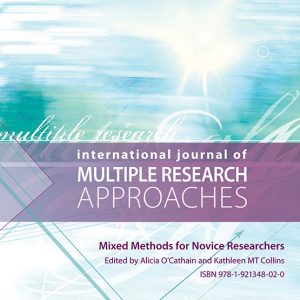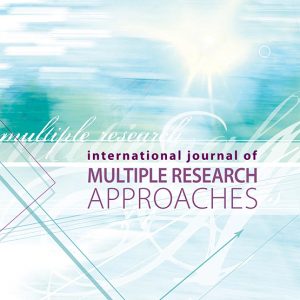3(3).6. Distance versus dialogue: Modes of engagement of two professional groups participating in a hospitalbased video ethnographic study
$30.00
Description
Distance versus dialogue: Modes of engagement of two professional groups participating in a hospitalbased video ethnographic study
ROWENA FORSYTH
Centre for Values, Ethics and The Law in Medicine (VELiM), Faculty of Medicine, University of Sydney NSW, Australia
ABSTRACT
This paper considers how video methodology creates a unique space to engage research participants in reflecting on and challenging their existing ways of working. A video ethnographic research project that investigated changes in the work practices of doctors and laboratory scientists at a metropolitan teaching hospital in Sydney Australia is used as an example to detail the way that the contrasting modes of engagement of the two participant groups led to a consideration of the role of the video camera in a research setting. The paper argues that the engagement of one participant group with the researcher led to the development of a dialogic relationship with the research process that enabled the formulation of greater insights for both the participants and researcher about the work practices under study. The other participant group who engaged in a more boundaried and distanced way with the research process provided an identifiable contrast with the group who took up the reflexive role. Providing participants with the opportunity to view their practices in a space separate from simultaneously performing their work leads them to understand their practices in a new way, a way that differs from them reading interview transcripts or other research data. By viewing everyday work practices, the participants are afforded space to re-examine this familiarity with the potential to improve their practices. The accessibility, coupled with the recent increases in the affordability and manipulability of video recordings, highlights the potential usefulness of this method for enabling practitioners themselves to redesign their work practices.
Keywords: video, ethnography, participant engagement, health, reflexivity


